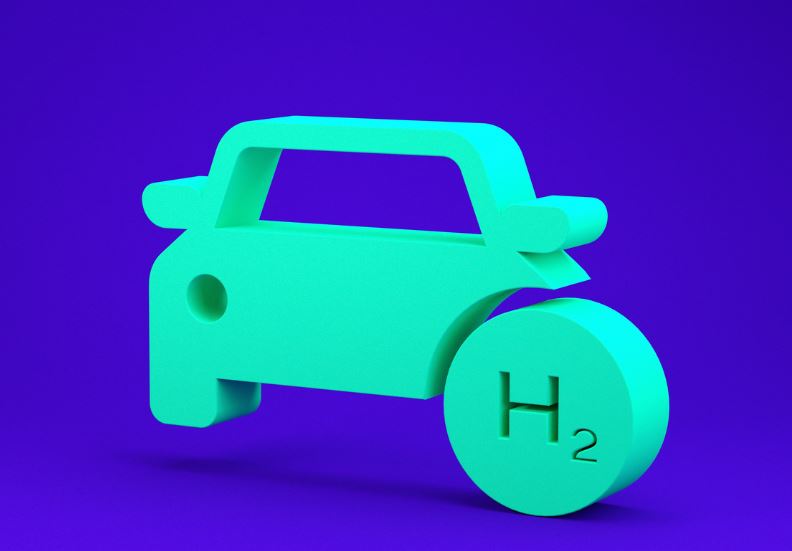Beijing Hyundai, once a dominant force, is navigating a transformative journey fueled by the quest for sustainable mobility. With the waning consumer acceptance of China-foreign joint venture car companies amid the surge of new energy vehicles, Beijing Hyundai is orchestrating a strategic shift.
The company is not only embracing electrification but also steering towards cutting-edge technologies, particularly hydrogen energy, in a bid to rejuvenate its market presence.
As per the International Hydrogen Council’s projections, hydrogen energy is anticipated to claim 18% of global energy consumption by 2050, with hydrogen fuel cell vehicles constituting 20%-25% of the global vehicle market. This futuristic vision has spurred car manufacturers worldwide, especially in Japan and South Korea, to delve into the realms of hydrogen fuel.
Beijing Hyundai’s foray into hydrogen energy is exemplified by its overseas base, Hydrogen Fuel Cell System (Guangzhou) Co., Ltd., branded as “HTWO.” Established in 2020, HTWO Guangzhou is Hyundai Motor Group’s dedicated hub for hydrogen fuel cell system production, research, and sales. The facility spans 202,000 square meters in Huangpu District, Guangzhou, and boasts a production line with an annual capacity of 6,500 sets of hydrogen fuel cell systems.
The production process involves the assembly of core components, such as the electrode stack, which is then integrated into a complete hydrogen fuel cell system. The planned output caters to diverse industries, including automobiles, power generators, ships, and trains, showcasing Hyundai’s commitment to positioning hydrogen as a versatile energy source.
Beyond production, HTWO Guangzhou is actively engaged in collaborations, leading to the development of hydrogen-powered logistics vehicles, sanitation vehicles, and a joint venture named H2 Solution. This collaborative effort aims to promote a spectrum of vehicles, including buses, passenger cars, logistics vehicles, refrigerated vehicles, and hydrogen-powered autonomous sweeping vehicles. Beijing Hyundai’s strategic diversification aligns with the broader goal of integrating hydrogen power into various facets of transportation and industry.
Beijing Hyundai’s commitment to hydrogen extends beyond infrastructure development. The company has successfully launched hydrogen fuel cell passenger vehicles, including the Hyundai NEXO, compliant with Chinese regulations. Equipped with a hydrogen fuel reactor and a 1.56-kilowatt-hour battery, NEXO boasts a range of 550 kilometers and a swift 5-minute hydrogen tank refill. The model, priced at 800,000 RMB, signals Beijing Hyundai’s determination to offer diverse and eco-friendly mobility options.
Looking ahead, Beijing Hyundai’s plans include achieving an annual production capacity of 700,000 units equipped with its hydrogen fuel cell system by 2030. The company’s roadmap intertwines electrification and hydrogen energy, reflecting a commitment to shaping a future where both technologies coexist.
